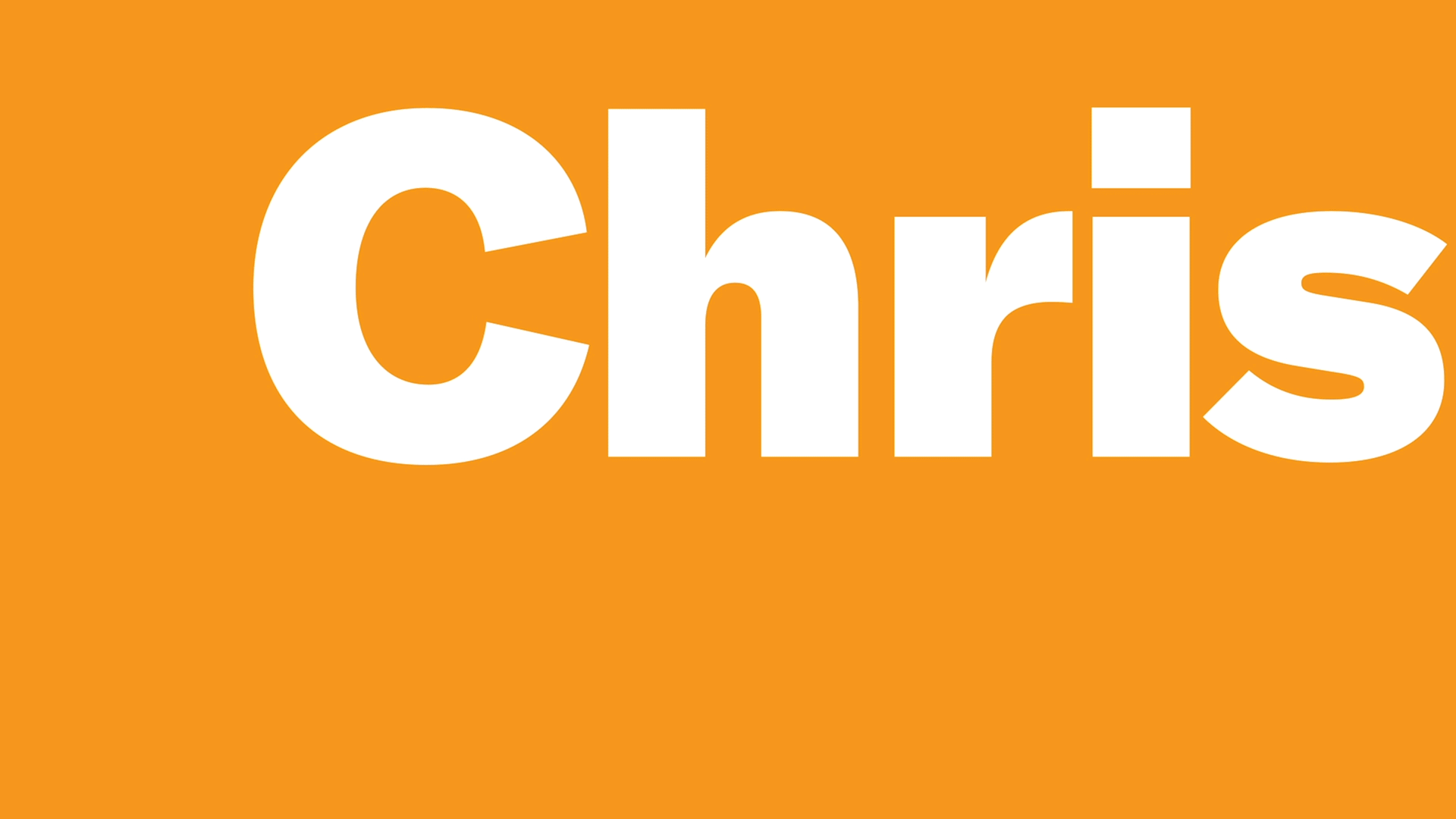Christine vs. Work
This is a series aimed to tackle the workplace skills we all need but don’t really understand. How do you actually say “no” at work without alienating your boss? Should you really be utilizing LinkedIn if you’re not looking for a job? And when someone tells you to just “be yourself” at work, what does that actually look like? Christine Liu is the Innovation Editor at Harvard Business Review. I produce the show with her from concept to the final video you see here.
Role: Director, Writer, Producer, Editor, Videographer
Episodes: 23
Asking for a raise can feel tempting, but also daunting. How do you bring it up with your manager? Are there things you should (or shouldn’t) say when negotiating pay? What’s the best way to articulate a desired salary increase?
Is there a right way—and a wrong way—to quit your job? Here’s what to do and say in the moment.
You work hard, you do your job well, but no one seems to notice or give you credit. Here’s what to do.
Most of us probably don’t think too hard about whiteboards. Whether it’s the traditional dry-erase surface or a digital collaboration workspace, we typically use whiteboards in meetings for brainstorming sessions, jotting down diagrams, or posting sticky notes with questions and ideas. But is there a better way to use whiteboards?
Even though we can’t be physically together during the pandemic, is it possible to communicate more effectively through the grid like haze of video chats and virtual meetings?
Typically, imposter syndrome is framed as something an individual should mentally tackle, but there’s something much larger underneath these personal feelings of insecurity, doubt, and fear.
I’m staring at a blank slide deck in agony. Now what?
You may have wondered how to say no to a not-so-great request from your boss. Here’s how.
It may seem like a softball, but it's actually the toughest job interview question. Here's how to nail it.
